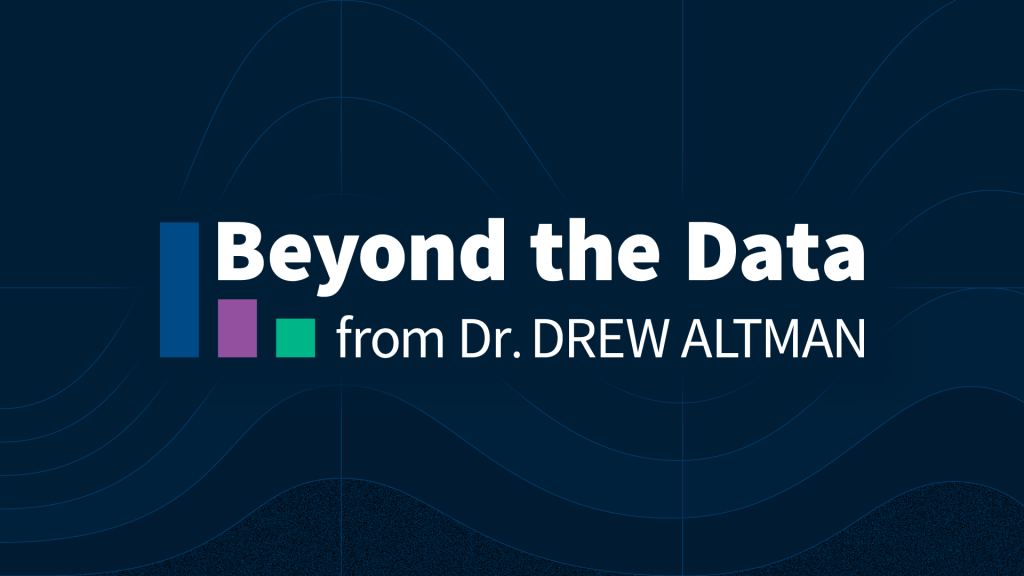Make American Health Care Affordable Again
In this JAMA Health Forum column, Larry Levitt highlights how the Make America Healthy Again agenda aimed at chronic disease does little to address the affordability of health care and that efforts to lower federal spending on health care may worsen the problem, raising out-of-pocket costs for many people with Medicaid and Affordable Care Act…
